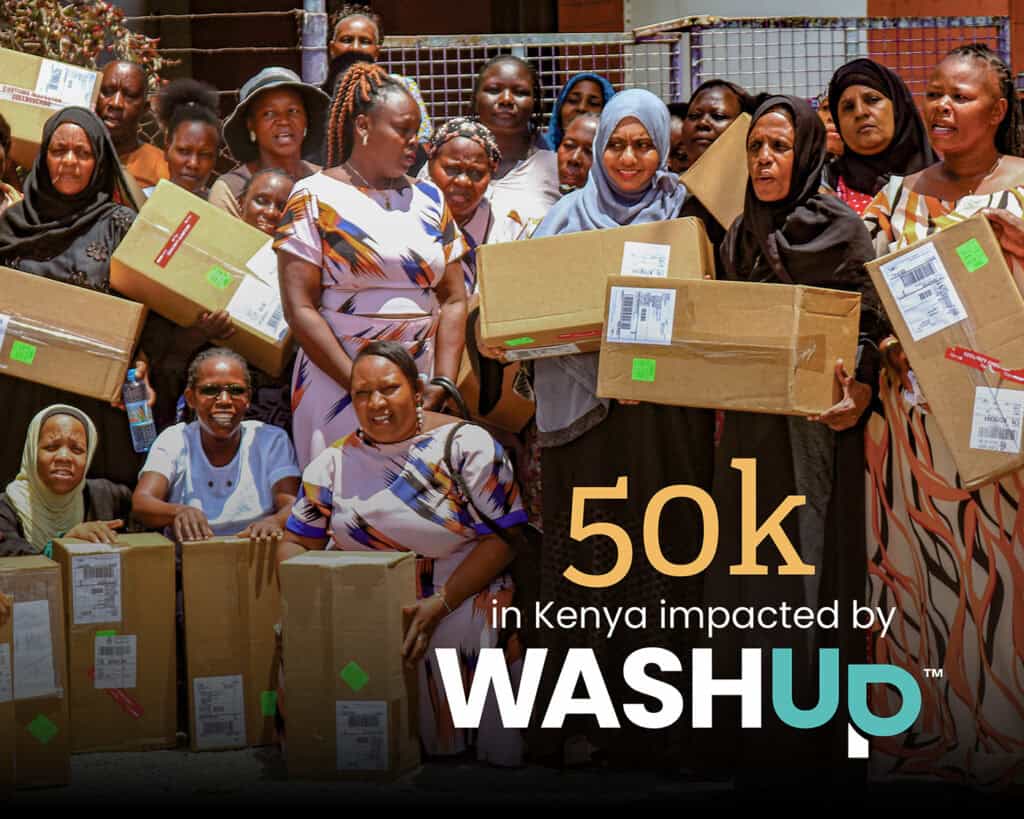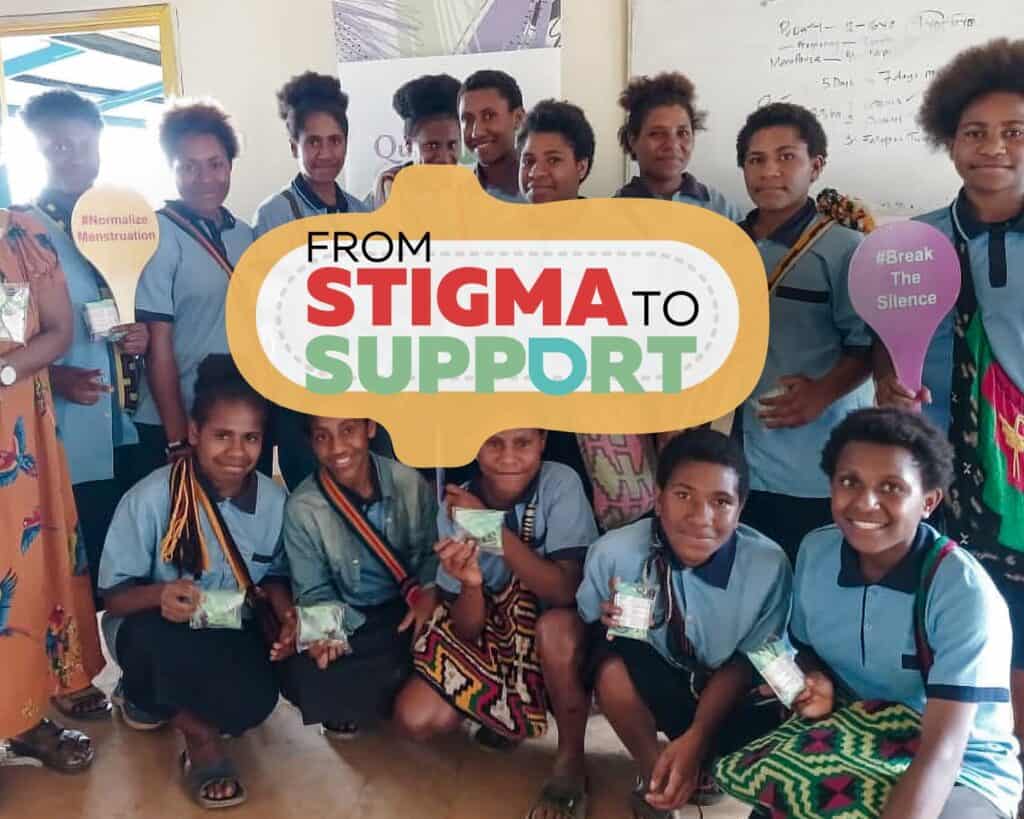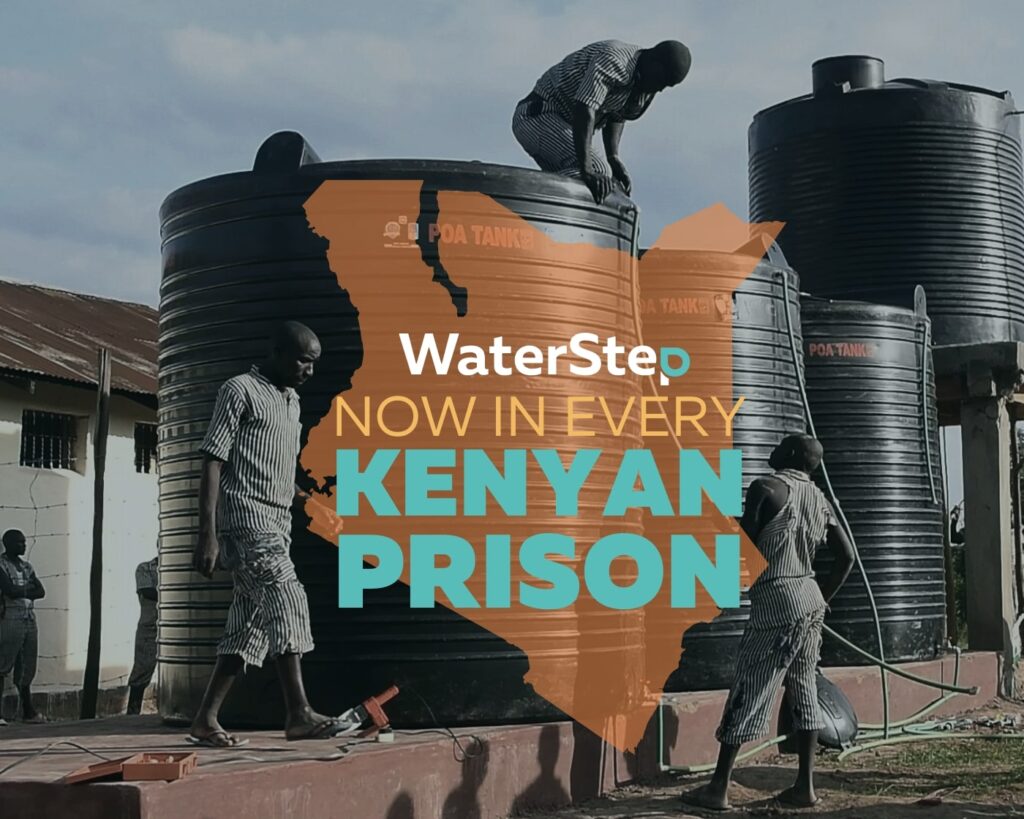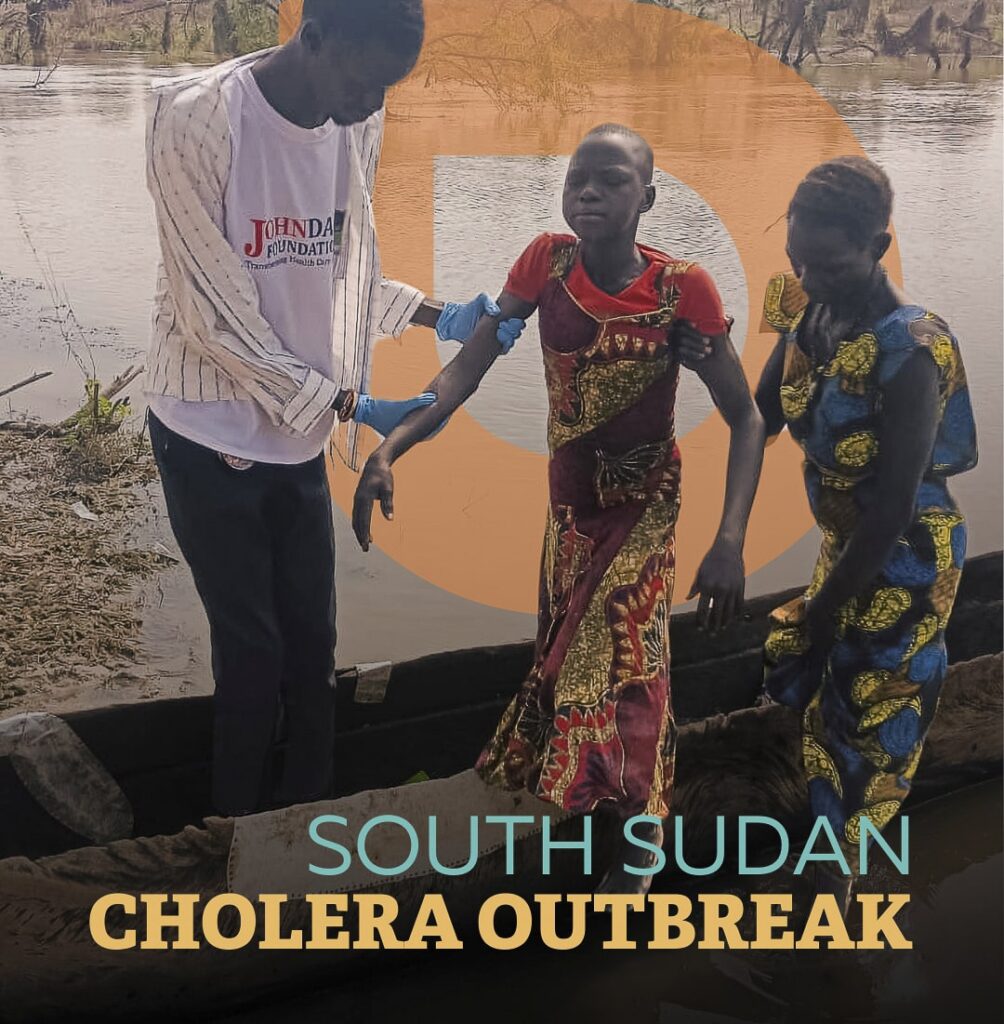Typhoid, not witchcraft
WaterStep has become a household name. Lives have been saved.

When Philip Wayaki Bongi was 7 years old, an elder named Yauwe died in his community.
Yauwe’s son was an outspoken pastor of a local church, a respected man of status.
“Where I lived in the remote highlands of Papua New Guinea, almost the entire community believes that when someone dies – a young person or someone who has status especially – that the cause is witchcraft or sorcery,” Philip said.
People started asking questions. Why? Who caused this?
Philip’s best friend Ahuti, who was also 7, lived with his family a few hundred meters outside their village. The boys hunted for birds, foraged for mushrooms in the forest and sometimes slid down the mountain on old containers. The boys’ mothers roasted sweet potatoes for them for breakfast. They were so close Philip called Ahuti’s mother “Moiyo,” the name for mother in his language called Orutano. They were always together.
But everything changed the night Yauwe died. Men demanded to know who caused the elder’s death and rounded up three mothers in the village to interrogate them.

Ahuti’s mother was one of them.
“They brought them to a secluded house outside the village about 400 meters away,” Philip remembered. “I could not hear their screams or cries, but my parents told me what was happening. They beat them. They cut them with bush knives. They poured scalding water on them. And they inflicted all sorts of other abuse you can’t imagine.”
Philip was scared, but he thought the men were doing the right thing because the tradition had been passed down. Witchcraft and sorcery were serious threats and needed to be eradicated from the community, he said.
The men continued to demand the name of the person responsible. And the torture continued through the next day until the men finally decided that Ahuti’s mother was to blame. She was the sorceress, they said.
“So, they took a container of Round-Up weed killer that was used to kill weeds in a nearby coffee plot and made her drink it,” Philip remembered. “Moiyo died the next morning. Moiyo’s husband and children were so scared. They worried what would happen to them.”
The family couldn’t find support from the police because the sentence was decided by the community. And they couldn’t retaliate because they were outnumbered. All the children were despised, Philip said, and terrible shame came upon the family.

“I could no longer play with Ahuti, my best friend,” Philip said. “I missed him so much.”
That experience scarred Philip for life, but it wasn’t the only time it happened. More people were tortured to death as he grew up in the village because of accusations of witchcraft and sorcery.
“It wasn’t until high school that I learned about typhoid and later in university when I left the province to study that I learned about waterborne diseases and that the dizziness, headache and diarrhea are all symptoms of typhoid,” he said.
Philip’s community was getting water from creeks and streams, but it was being polluted by pigs, dogs and people.
“It took a moment for me to realize that in all likelihood Yauwe died of typhoid,” Philip said. “And likely so many other people in my village. The deaths were caused by something in the water. But it was not an evil spirit. It was never witchcraft or sorcery.”
Philip had mixed feelings. He was disheartened and sad for all the mothers, especially Moiyo, who died. She left behind her husband and children, including an infant she was still breastfeeding.
“But I also felt sorry for the people who carried this torture out, too,” he said. “Because they lacked knowledge. They lived a practice that was passed down. And they knew nothing about how the dirty water made people sick and die.”
In Kenya, Humphrey said: “WaterStep has become a household name. Lives have been saved.”

Years have passed, and Philip has spoken many times to his community about waterborne illnesses and the importance of safe water. But he has never talked to them about witchcraft or sorcery because he would be accused of supporting it, he said. The belief is too deeply held.
Philip decided that even though he couldn’t change the community’s beliefs about sorcery, he could change the circumstances that brought on those accusations. If he could make the water safe, more people would live to old age.
With WaterStep’s help, Philip brought a safe water project to his community this year. WaterStep helped the community pump water from the river into a small cistern and pipe it to a tank where it is treated with WaterStep’s technology and then plumped to distribution points.
Philip has never spoken to Ahuti about his mother’s death or the likely reason Yauwe died. But the men still know each other. They’re best friends and call each other brother. And Ahuti was one of the men who helped dig the drains and carry sandbags for the water project.
“It was a humbling feeling, one of satisfaction and relief in me to know I am helping solve this problem,” Philip said. “I cannot bring Moiyo back, but this project can bring redemption to the community.”
Still, for Philip, the project was bittersweet.
“I know that if safe water had been in the community, Yauwe would not have died,” he said. “And Moiyo would not have been tortured to death.
But by bringing safe water, there will be complete family units, and people will live in harmony and peace.
“I know if there is safe water,” Philip said, “someone will not lose a mother.”



